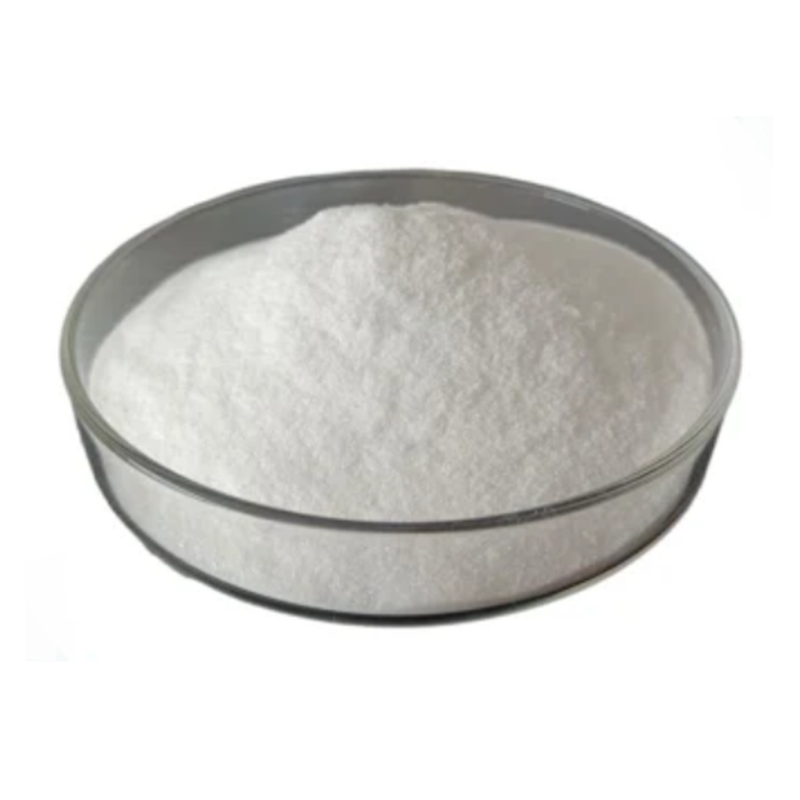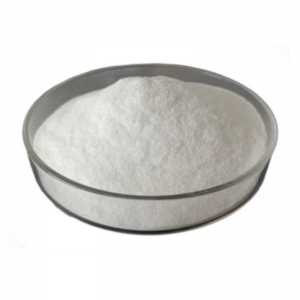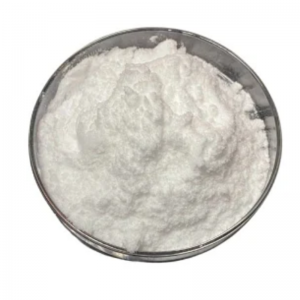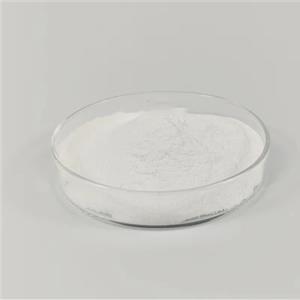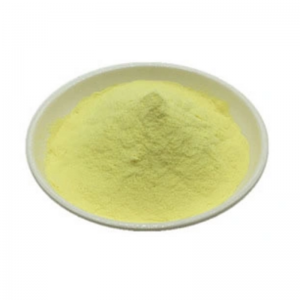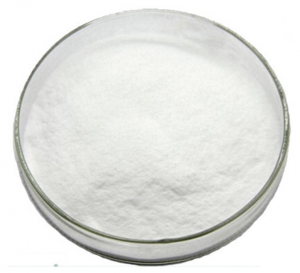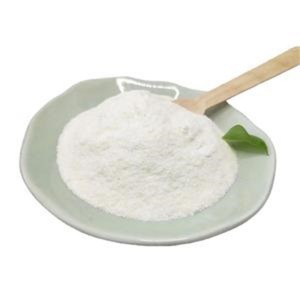| Basic Information | |
| Product name | Lincomycin Hydrochloride |
| Grade | Pharmaceutical Grade |
| Appearance | White crystal powder |
| Assay | 99% |
| Shelf life | 2 Years |
| Packing | 25kg/drum |
| Condition | stored in a cool and dry place |
Description of Lincomycin HCL
Lincomycin hydrochloride is a white or practically white, crystalline powder and is odorless or has a faint odor. Its solutions are acid and are dextrorotatory. Lincomycin hydrochloride is freely soluble in water; soluble in dimethylformamide and very slightly soluble in ace tone.
Function
It is mainly used for the treatment of infections caused by Gram-positive bacteria in particular the various penicillin-resistant Gram-positive bacteria , the poultry respiratory disease caused by Mycoplasma, swine enzootic pneumonia, anaerobic infections such as chicken necrotizing enterocolitis.
It can also be used for the treatment of treponema dysentery, toxoplasmosis and actinomycosis of dogs and cats.
Application
Lincomycin is a lincosamide antibiotic that comes from the actinomyces Streptomyces lincolnensis. A related compound, clindamycin, is derived from lincomycin by using to replace the 7-hydroxy group with a atom with inversion of chirality.
Although similar in structure, antibacterial spectrum, and mechanism of action to macrolides, lincomycin is also effective against other organisms including actinomycetes, mycoplasma, and some species of Plasmodium. Intramuscular administration of a single dose of 600 mg of Lincomycin produces average peak serum levels of 11.6 micrograms/ml at 60 minutes, and maintains therapeutic levels for 17 to 20 hours, for most susceptible gram-positive organisms. Urinary excretion after this dose ranges from 1.8 to 24.8 percent (mean: 17.3 percent).
1. Oral formulations is suitable for treating respiratory infections, abdominal infection, female reproductive tract infections, pelvic infections, skin and soft tissue infections caused by sensitive Staphylococcus aureus and Streptococcus pneumoniae.
2. In addition to the treatment of the above infections, injected formulations are suitable for treatment of severe infections caused by streptococcus, pneumococcus and staphylococcus such as the surgical adjuvant therapy of septicemia, bone and joint infections, chronic bone and joint infections and Staphylococcus-induced acute hematogenous osteomyelitis.
3. Lincomycin hydrochloride may also be used for the treatment of infectious diseases in patients allergic to penicillin or not suitable for administration of penicillin-type drugs.

